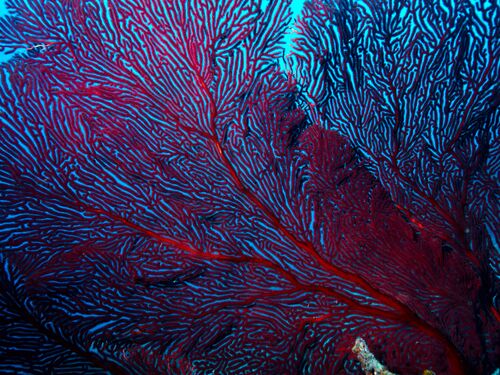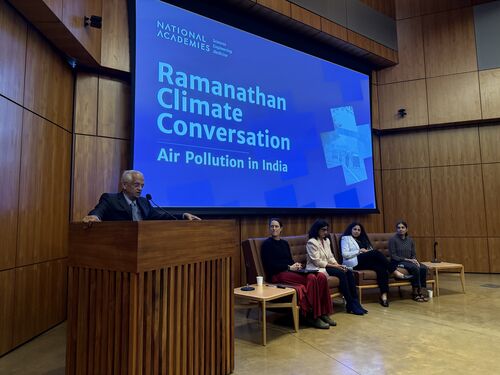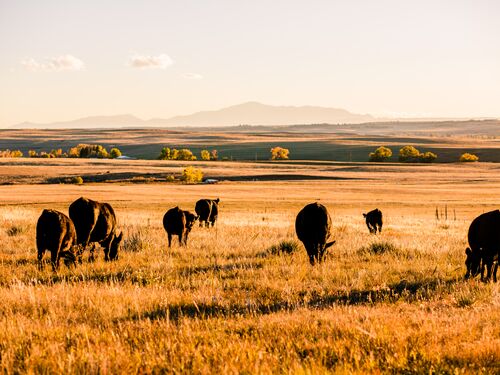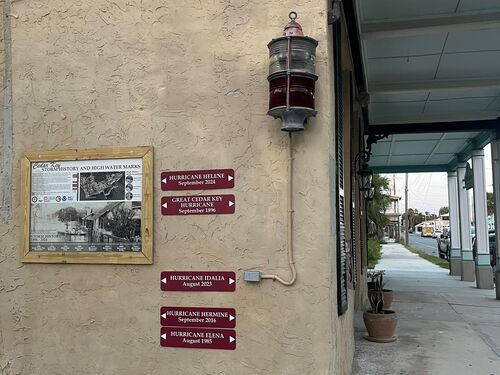Twenty Scientists Awarded 2020 Early-Career Research Fellowships by National Academies' Gulf Research Program
Program News
By Stephanie Miceli
Last update August 6, 2020
WASHINGTON — The Gulf Research Program of the National Academies of Sciences, Engineering, and Medicine today announced the 20 recipients of its 2020 Early-Career Research Fellowships. Now in its sixth year, the fellowship is awarded to emerging scientific leaders who are prepared to work at the intersections of environmental health, community health and resilience, and offshore energy system safety in the Gulf of Mexico and other U.S. coastal regions.
The two-year fellowship — which begins Sept. 1, 2020 — is awarded to tenure-track faculty at colleges, universities, and research institutions. Each of the 20 selected fellows receives a $76,000 financial award, mentoring support, and a built-in community of colleagues who share an interest in the well-being of Gulf Coast communities and ecosystems. Since the award is not attached to a specific project, fellows are able to use the support to pursue bold, nontraditional research that they otherwise might not be able to conduct.
“The early years of a researcher’s career are a critical time. This program gives fellows the independence and flexibility to explore untested ideas and develop lasting collaborations,” said Lauren Alexander Augustine, Executive Director of the Gulf Research Program. “The 2020 class of fellows are a distinguished group of individuals who have demonstrated superior scholarship, exceptional scientific and technical skills, and the ability to work across disciplines.”
Nearly 88 Early-Career Research Fellowships have been awarded since 2015. In addition, the GRP runs the Science Policy Fellowship program and provides support to the National Academies’ Christine Mirzayan Science & Technology Policy Graduate Fellowship.
The 20 recipients of the 2020 Early-Career Research Fellowships are:
Matt Ajemian
Assistant Research Professor, Fisheries Ecology and Conservation
Florida Atlantic University
Christine Angelini
Assistant Professor, Environmental Engineering Sciences
University of Florida
Marshall Bowles
Assistant Professor
Louisiana Universities Marine Consortium
Monica Patrice Barra
Assistant Professor, Race and Environment
University of South Carolina
Kelly Dunning
Assistant Professor, Forestry and Wildlife
Auburn University
Cassandra Glaspie
Assistant Professor, Oceanography and Coastal Sciences
Louisiana State University
Vikram Kapoor
Assistant Professor, Civil and Environmental Engineering
University of Texas at San Antonio
Joshua Lewis
Research Associate Professor, ByWater Institute
Tulane University
Sarah Lowe
Assistant Professor, Social and Behavioral Sciences
Yale University
Vineetha Menon
Assistant Professor, Computer Science
University of Alabama in Huntsville
Hamed Moftakhari
Assistant Professor, Civil, Construction, and Environmental Engineering
University of Alabama
Aditya Nayak
Assistant Professor, Ocean and Mechanical Engineering
Florida Atlantic University
Natalie Nelson
Assistant Professor, Biological and Agricultural Engineering
North Carolina State University
Michael Polito
Assistant Professor, Oceanography and Coastal Sciences
Louisiana State University
Borja Reguero
Adjunct Assistant Professor, Coastal Science and Policy
University of California, Santa Cruz
Garett Sansom
Research Assistant Professor, Environmental and Occupational Health
Texas A&M University
Amina Schartup
Assistant Professor, Oceanography
University of California, San Diego
Stephanie Smallegan
Assistant Professor, Coastal Engineering
University of South Alabama
Elyse Zavar
Assistant Professor, Emergency Management and Disaster Science
University of North Texas
Phoebe Zito
Assistant Professor, Chemistry
University of New Orleans
To learn more about the Gulf Research Program’s Early-Career Research Fellowships, visit nationalacademies.org/our-work/early-career-research-fellowship.
The National Academies' Gulf Research Program is an independent, science-based program founded in 2013 as part of legal settlements with the companies involved in the 2010 Deepwater Horizon disaster. It seeks to enhance offshore energy system safety and protect human health and the environment by catalyzing advances in science, practice, and capacity to generate long-term benefits for the Gulf of Mexico region and the nation. The program has $500 million for use over 30 years to fund grants, fellowships, and other activities in the areas of research and development, education and training, and monitoring and synthesis. Visit nationalacademies.org/gulf/gulf-research-program to learn more.
The National Academies of Sciences, Engineering, and Medicine are private, nonprofit institutions that provide independent, objective analysis and advice to the nation to solve complex problems and inform public policy decisions related to science, technology, and medicine. The National Academies operate under an 1863 congressional charter to the National Academy of Sciences, signed by President Lincoln. For more information, visit nationalacademies.org/about.
Follow us:
Twitter @theNASEM, @NASEM_Gulf
Instagram @thenasem
Facebook @NationalAcademies, @NASEMGulfResearch
Contact:
Stephanie Miceli, Media Relations Officer
Office of News and Public Information
202-334-2138; e-mail news@nas.edu
More like this
Discover
Events
Right Now & Next Up
Stay in the loop with can’t-miss sessions, live events, and activities happening over the next two days.
NAS Building Guided Tours Available!
Participate in a one-hour guided tour of the historic National Academy of Sciences building, highlighting its distinctive architecture, renowned artwork, and the intersection of art, science, and culture.



